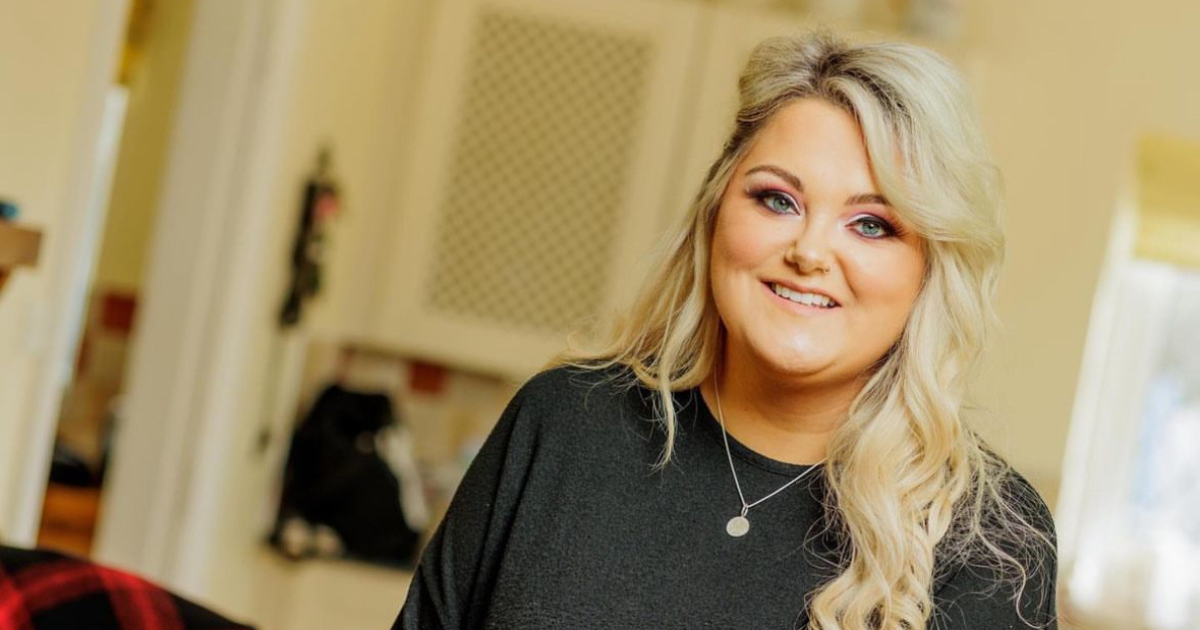How to keep smiling when you’re 70+ with Atrial Fibrillation
Atrial Fibrillation affects millions of lives everywhere around the Globe. Nina Lapshinova, 71 years old patient from Russia, couldn’t think of anything but her disease until she was advised to go through minimally invasive catheter ablation.
“It was not about living, it was just about existing,” Nina says. Usually positive thinker and cheerful person, she has been struggling with this condition for more than three years. Medications and even installed artificial pacemaker didn’t help.
“It’s very difficult to relieve arrythmia symptoms by yourself. You never know whether the medicine will work or not. You are constantly in anticipation of fear”, she recalls. “You never know when it starts to beat! In few seconds it can go down to 80 and then up to 130. This condition is really hard to tolerate! It feels like you’re a fish out of the water – catching air with your mouth”.
Atrial Fibrillation, characterized by an irregular heart rhythm, can have life-altering consequences for patients, increasing the risk of heart failure, stroke and even cardiovascular mortality. The main challenges for treating it include late diagnosis and low awareness of modern types of treatment, including catheter ablation, in some regions, including Russia.
Finally, Nina was advised by her physician to get a consultation in the Complex cardiac arrythmias department of a big hospital in Moscow region. As she recalls now, “I learned there about radiofrequency catheter ablation – and it was the only chance for me to stay alive”.
The minimally invasive procedure took almost four hours, as Nina’s case was really difficult. The thin catheter was administered through patient’s inguinal vein to deliver a high-speed frequency to treat the abnormal signals causing the palpitations. No anesthesia was used: “I haven’t felt any injection, there was no anesthesia. Doctor talked to me, I answered”, the patient recalls.
The effect of the procedure was immediate without any significant recovery period. No palpations, no shortness – quality of Nina’s life was fully restored.
“I advise everyone not to wait until it gets worse. Nobody will cut anything from you, there will be no scars on your body. But the quality of your life will be improved dramatically!”, Nina says and smiles.
And yet the biggest barriers for the procedure penetration in Russia is low reimbursement by the government and low cardiologists’ and patients’ awareness about advanced methods of treatment.






